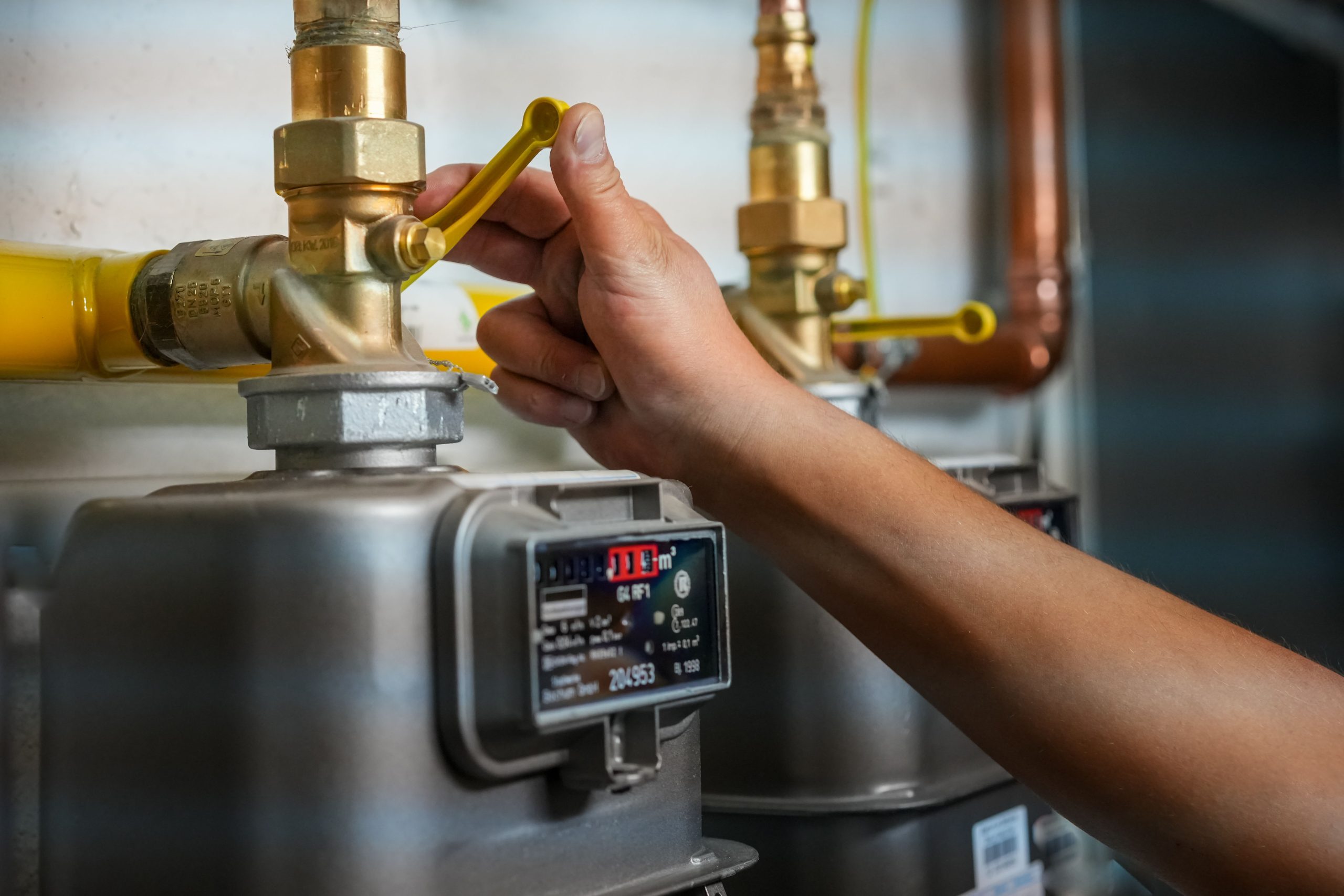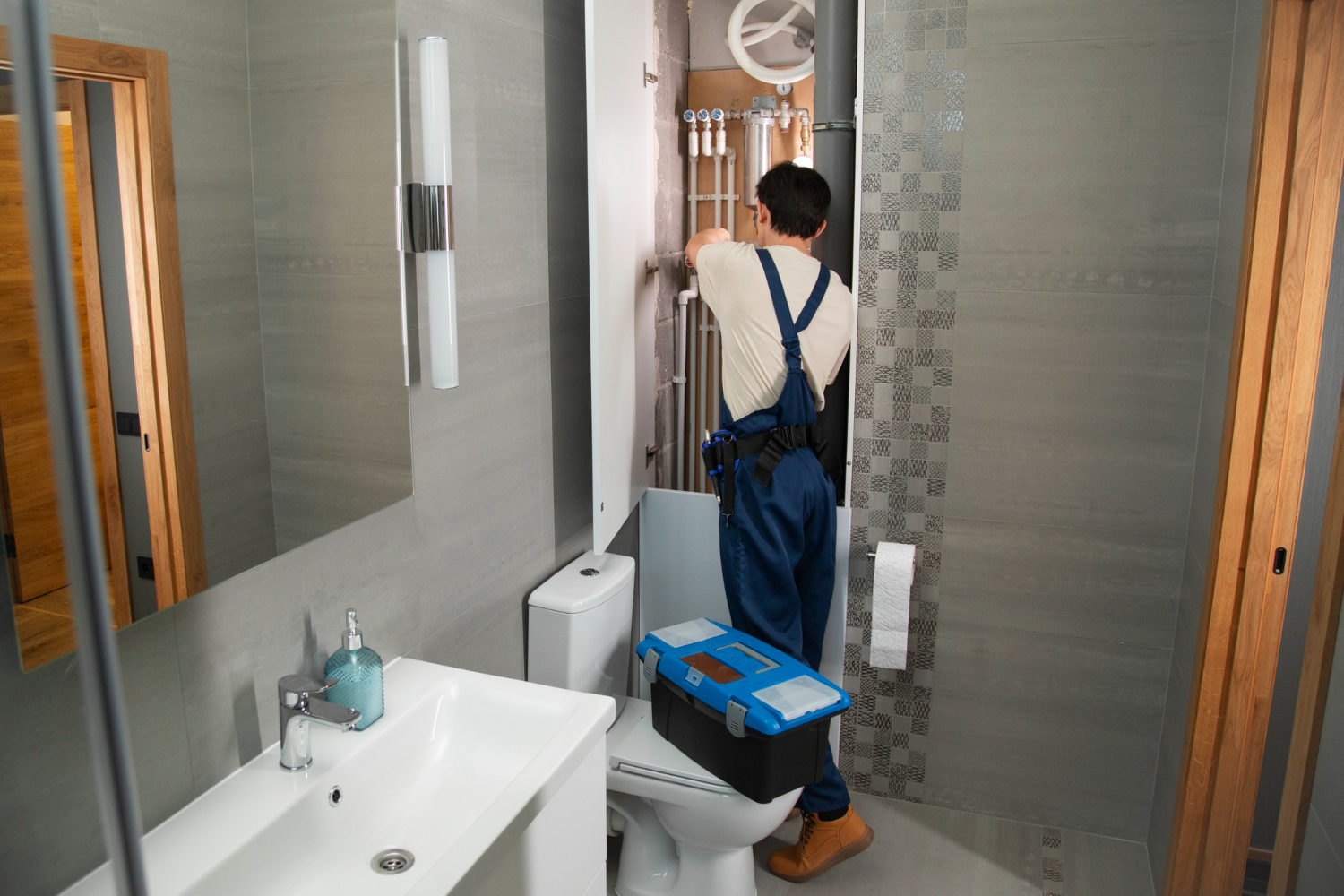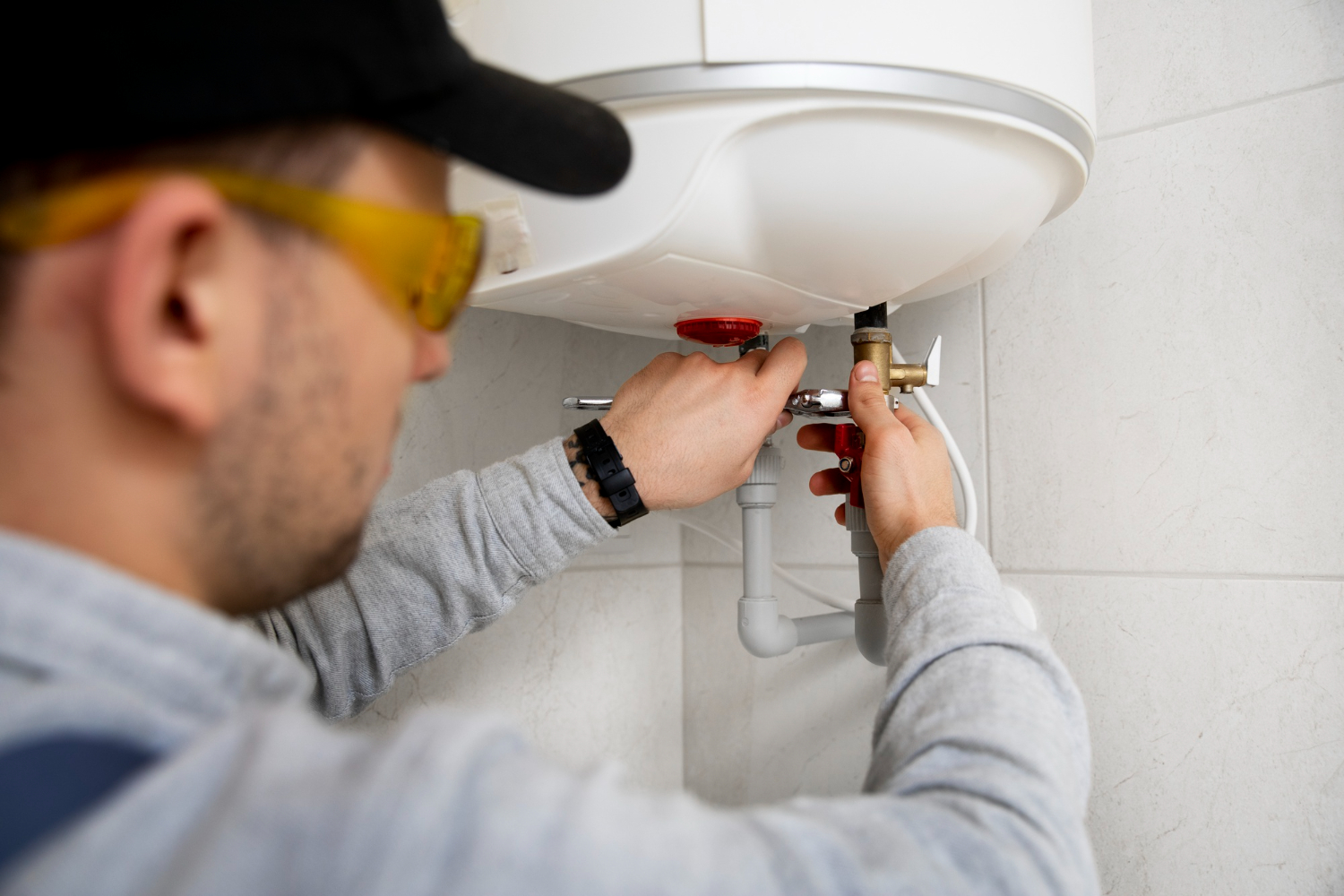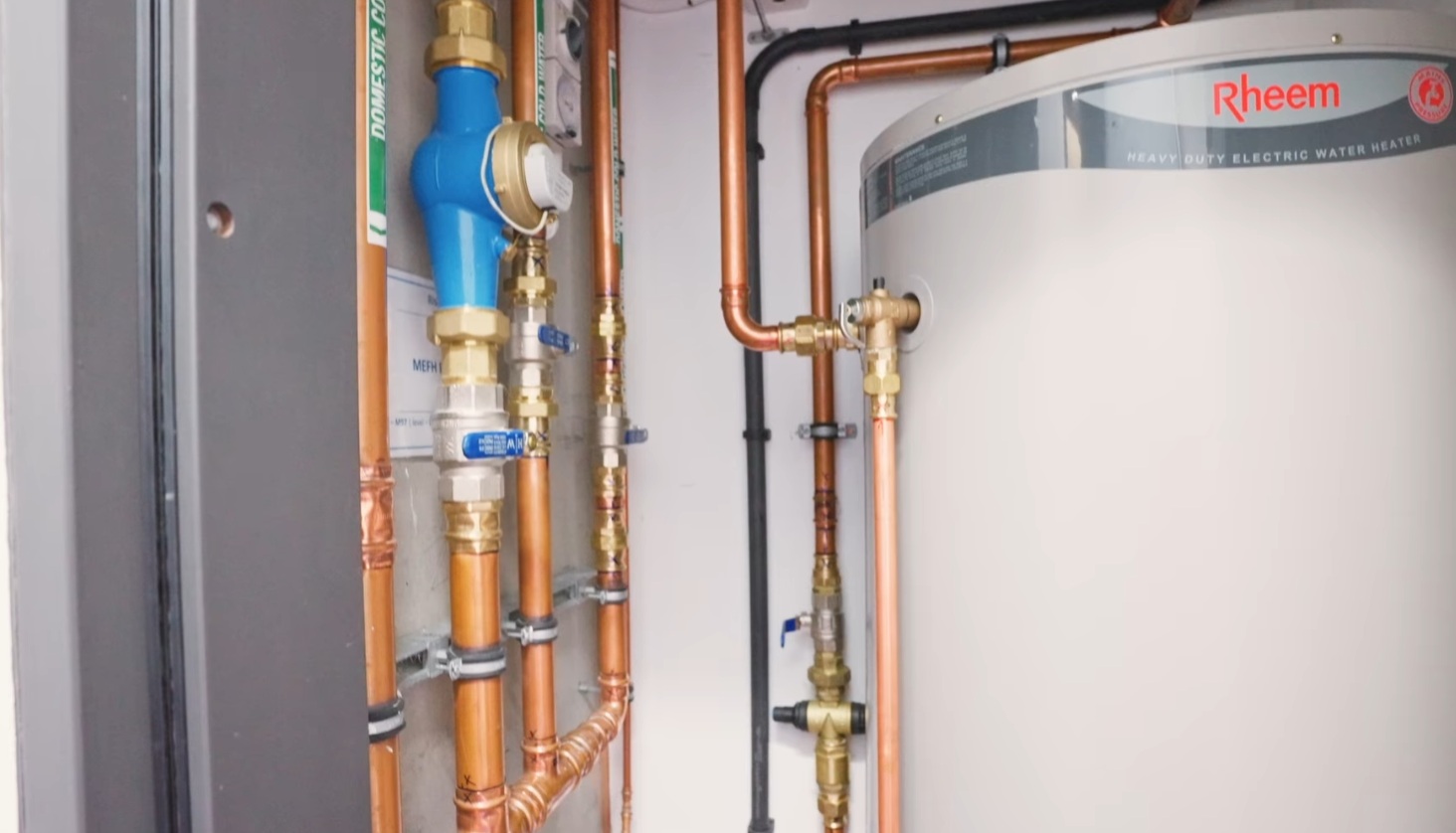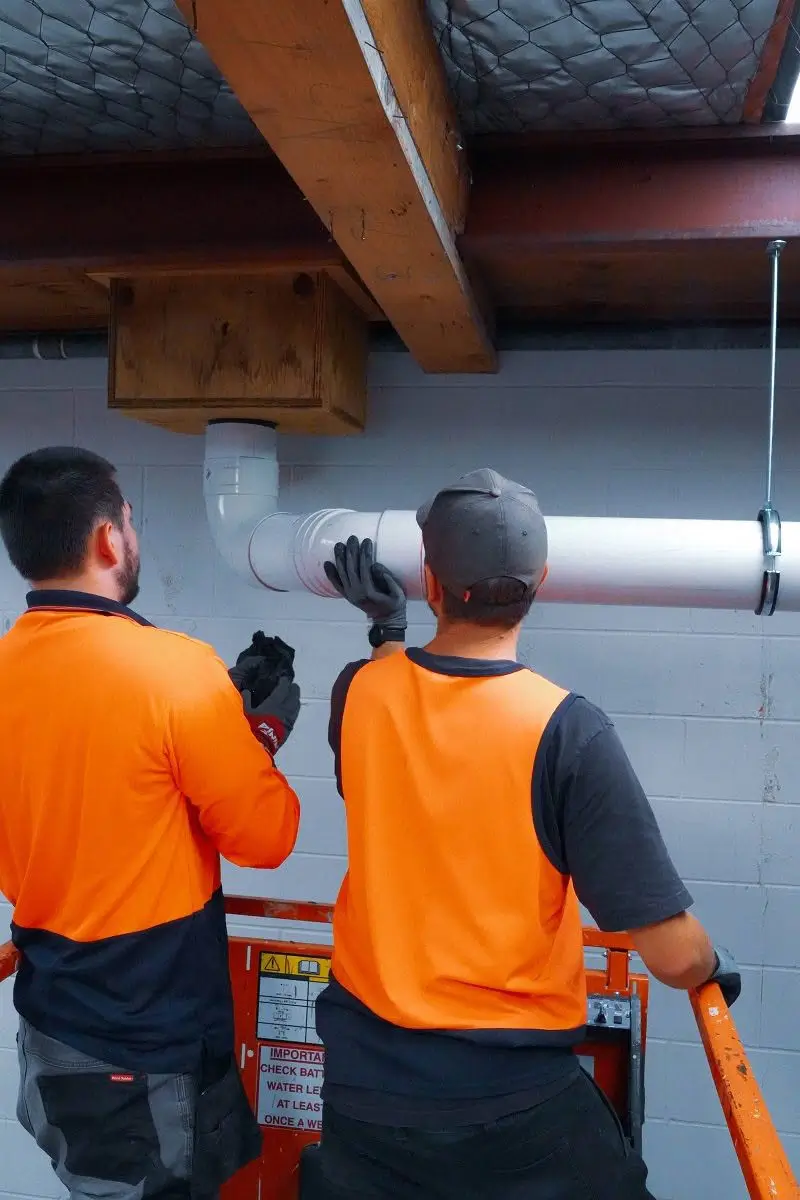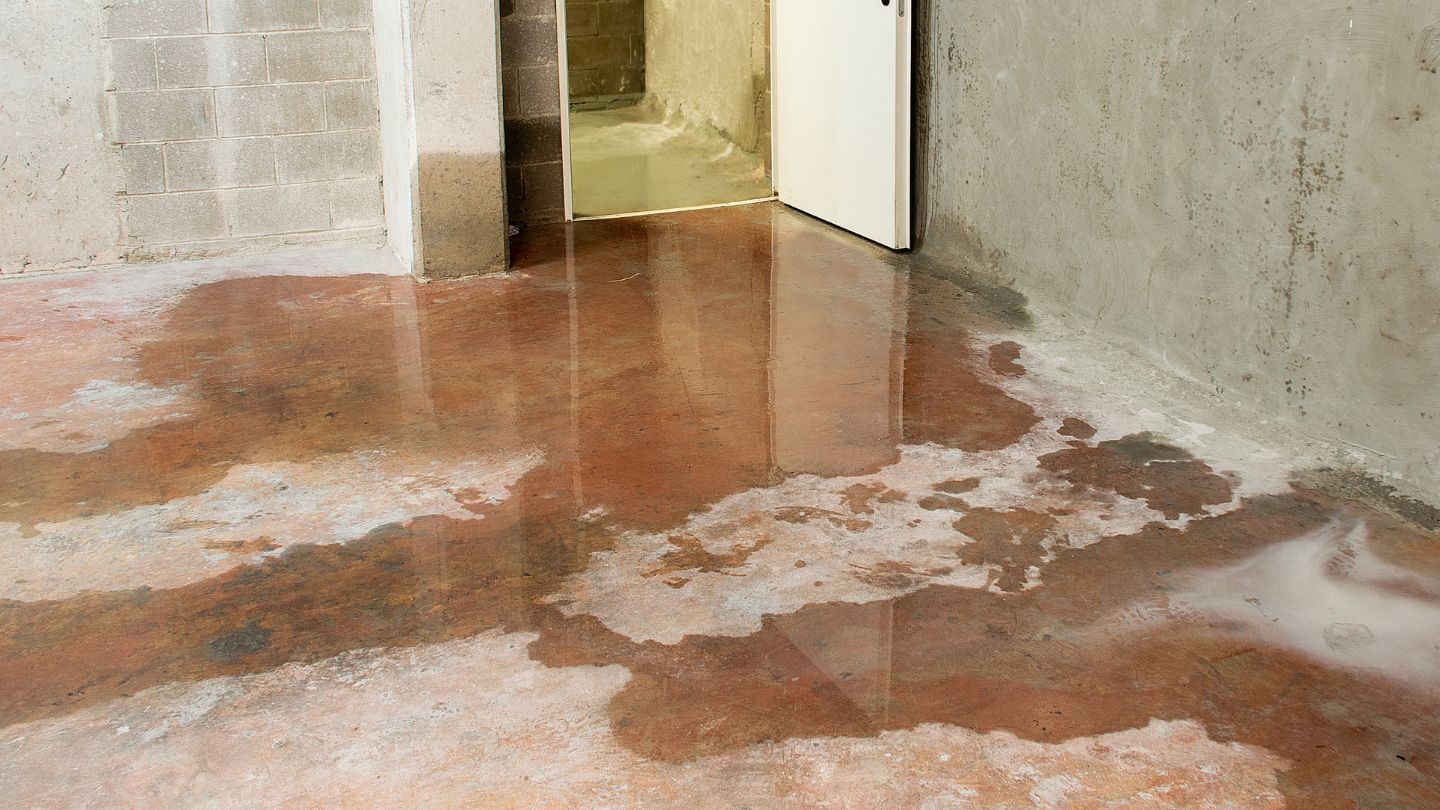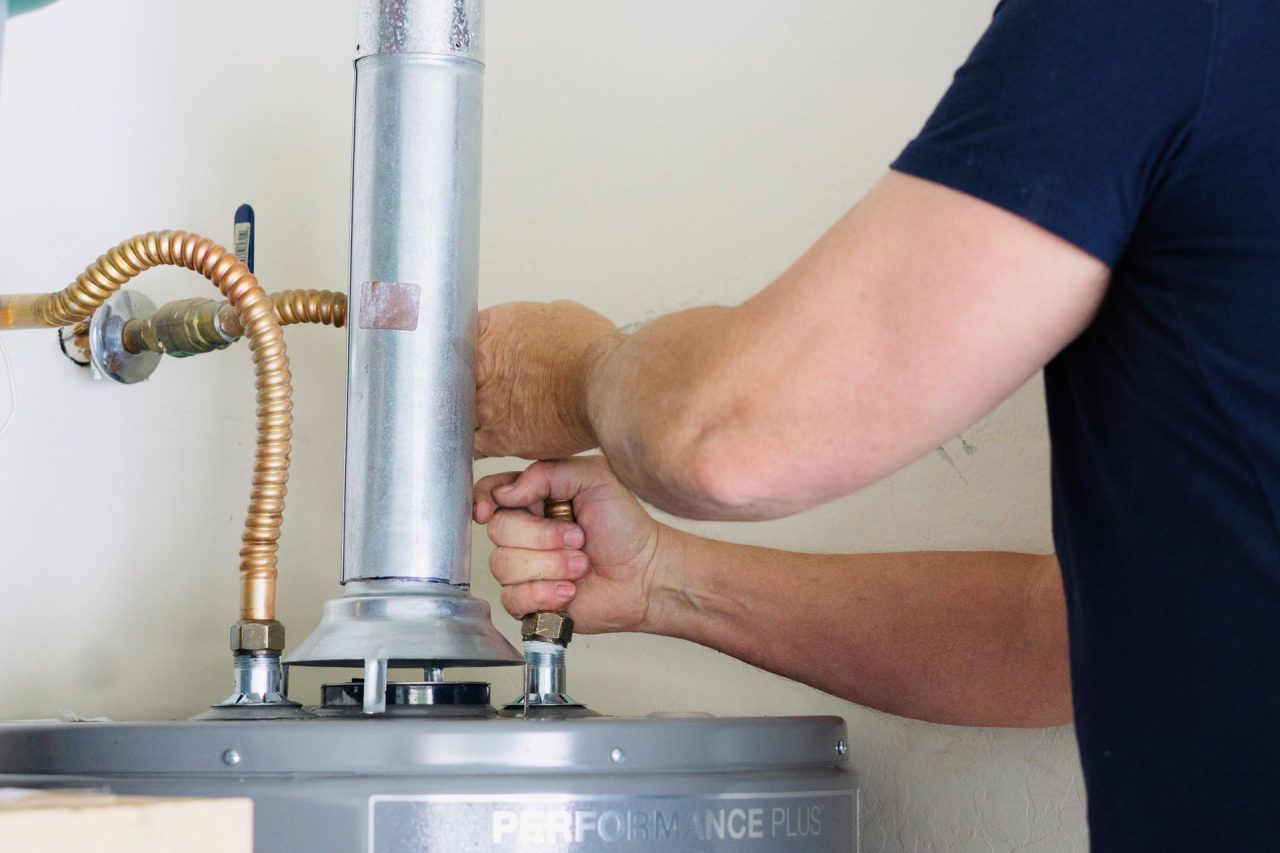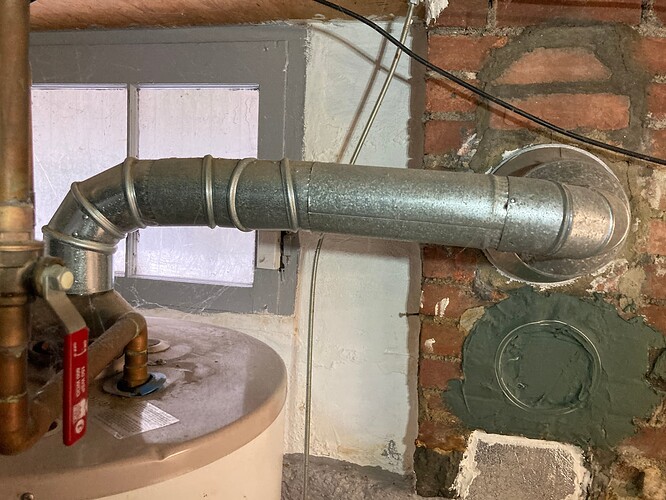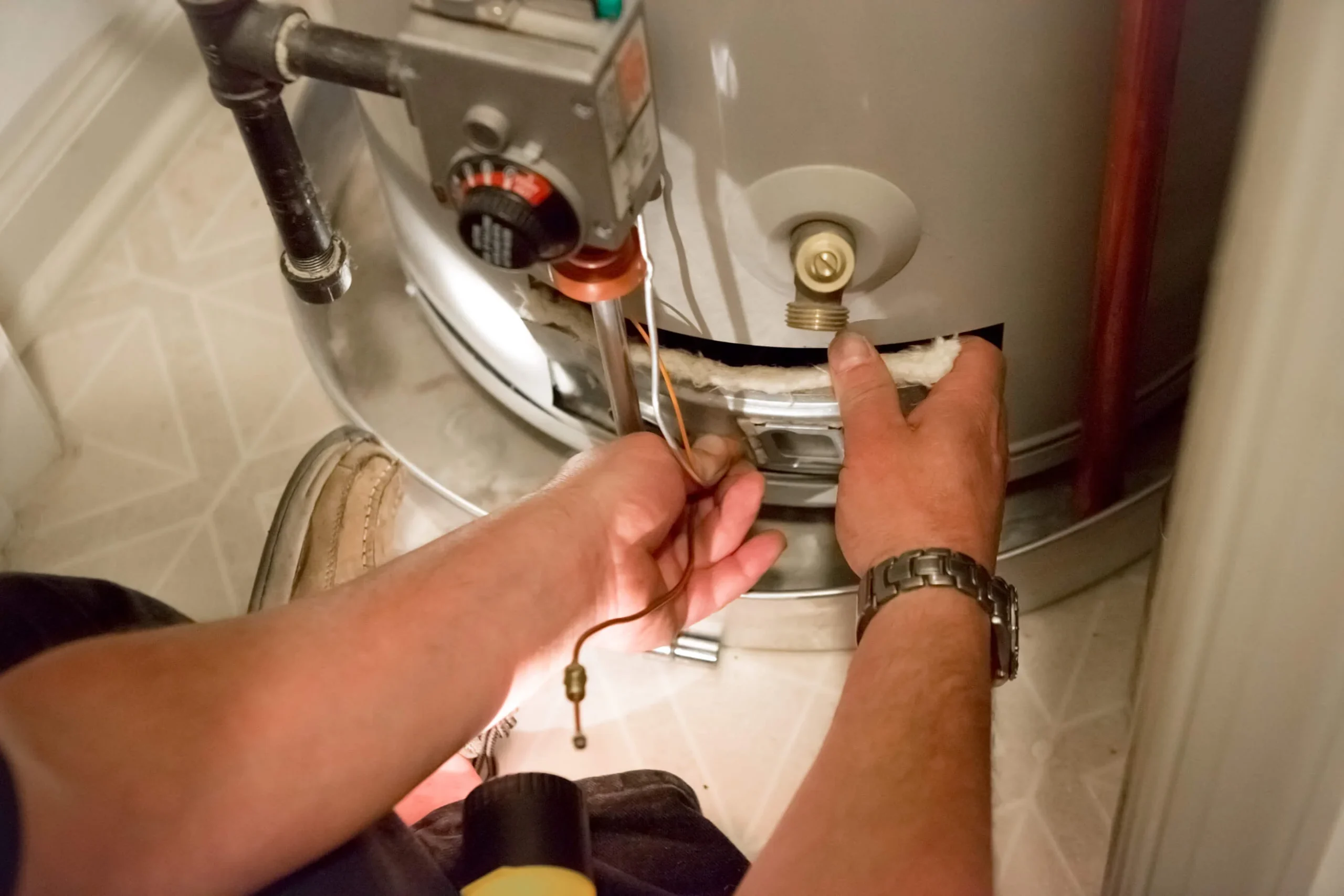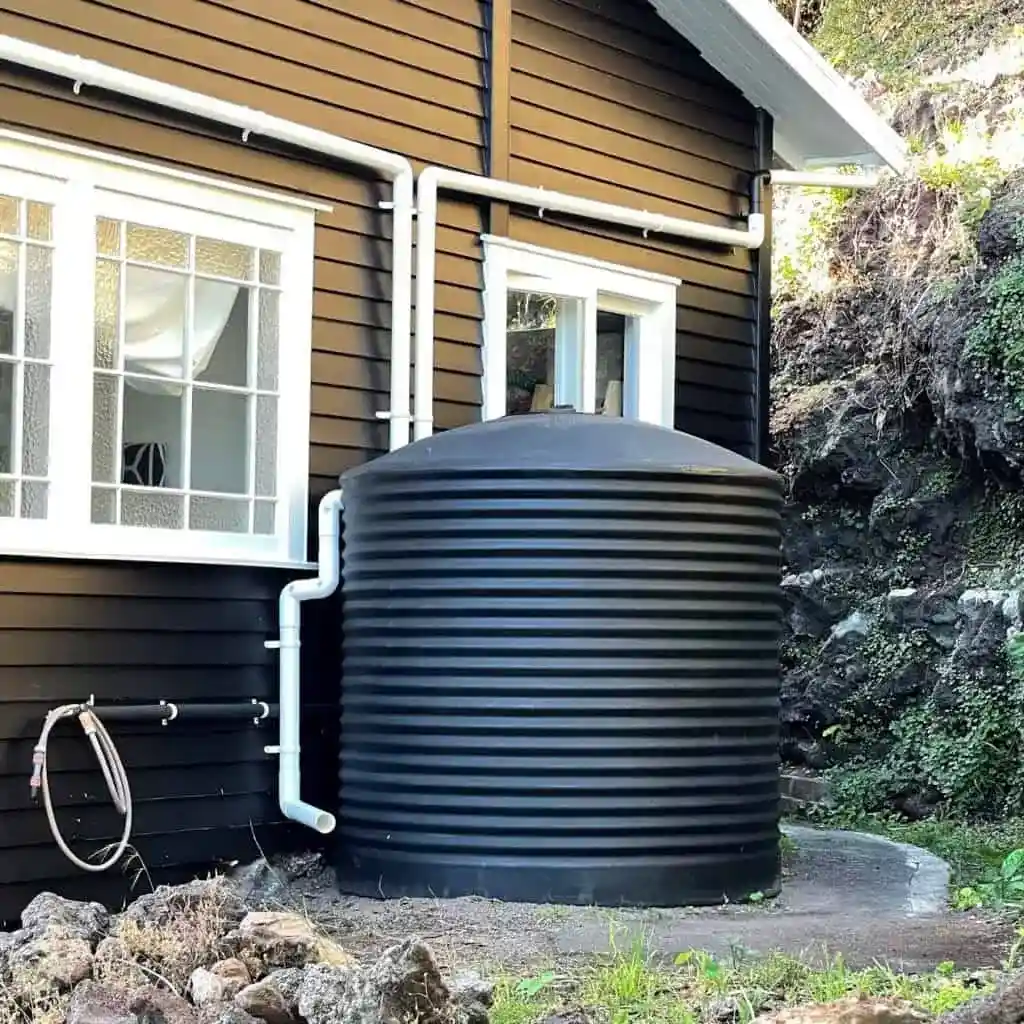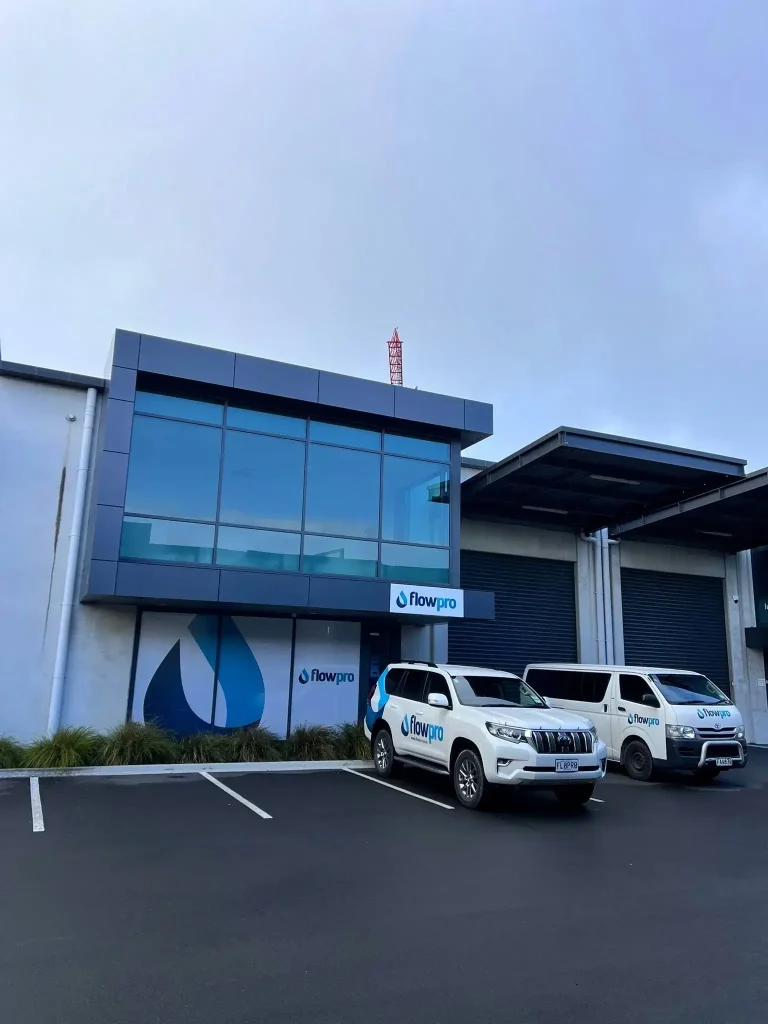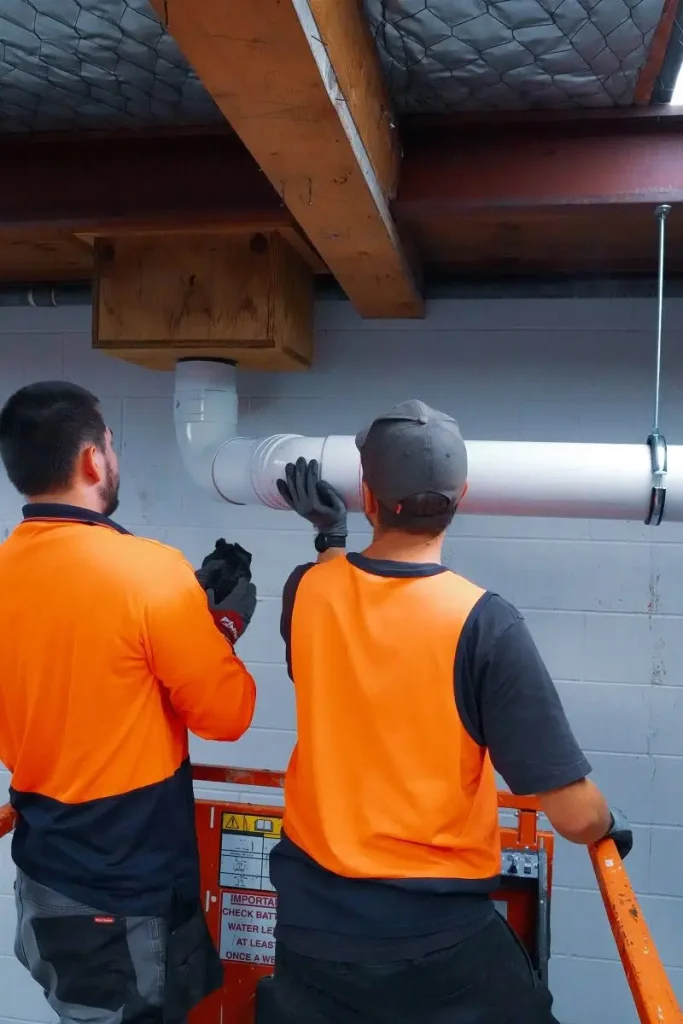You may have heard the question, “What is a gas certificate of compliance and when do I need one?” a few times, especially if you own a home with any gas appliances. In New Zealand, many homeowners rely on gas for cooking, heating, or hot water. Good news, making sure you have the right safety certification is easier than it sounds. Below, you will find a clear breakdown of what this certificate does, why it matters, and when you must have it in place.
Understand a gas certificate
A gas certificate of compliance is an official document issued by a licensed and qualified gas fitter, showing that a gas system or appliance has been installed (or modified) according to relevant regulations. This certificate proves you have met strict safety standards, so your gas supply is operating as intended. In basic terms, it tells you that:
- All gas components are correctly installed and not leaking.
- Important parts are securely connected and tested for safety.
- The installation follows regulations set by authorities, such as AS/NZS 5601.1:2022 Gas Installations (in effect since 30 March 2023, according to WorkSafe New Zealand).
Why it exists
Gas systems might look deceptively simple from the outside—perhaps just a stove connection or a hot water cylinder. In reality, each section is subject to rigorous checks so that leaks, incorrect fittings, or faulty components do not put you and your family at risk. If a qualified gas fitter signs off on a certificate of compliance, you can trust that your system aligns with all of the most up-to-date rules.
Who issues it
A gas certificate of compliance can only be issued by a licensed professional: someone who has undergone formal training and is permitted to handle gas fitting tasks. After completing an installation or repair, your gas fitter usually:
- Tests everything for leaks and proper performance.
- Completes necessary paperwork detailing the work done.
- Submits a copy to local authorities or the gas network provider (depending on regulations).
- Gives you the original certificate, which you should keep in a safe place.
By law, the gas fitter must also keep a record of this certificate for a set number of years, in case future questions come up.
Discover when you need one
A certificate of compliance is required more often than many people realise. In New Zealand, it is linked to events like installing a new gas stove or upgrading your water heating system. The standard rule is that if a gas network (natural gas or LPG bottles) supplies energy to your home, you need to have updated documentation for any work that involves your gas lines or appliances.
Installing or replacing gas appliances
Whenever you install a gas stove, gas fireplace, or a new hot water system, you must ensure your gas fitter provides a certificate of compliance. For instance, if you are upgrading your kitchen and adding a gas cooktop, you might also want to review gas stove installation requirements for an idea of best practices. Beyond legal obligations, this certificate helps you feel safe about striking that match or turning on the burner for the first time.
Alterations and modifications
Have you switched from electrical heating to a gas-based system? Disconnected an old stove and added a new one in a different part of the kitchen? Any major alteration that affects your gas supply typically triggers the need for a new certificate. Even relatively small modifications involving an existing setup should be cross-checked with a licensed gas fitter.
Property sales
If you plan to sell your home and you have gas appliances, you will usually need a valid certificate for the transaction. This is essential for a new buyer’s peace of mind. It also starts a paper trail, ensuring that any future work on the appliance or system will be carried out safely. If your certificate is outdated or missing, you may be asked to schedule a fresh inspection.
Insurance coverage
Insurance providers can deny claims if damage is caused by a faulty or unverified gas installation. In other words, if you do not hold a valid certificate when an accident occurs, your insurer may refuse to cover you. That is one reason these documents count for more than just legal compliance: they give you backup in a worst-case scenario. You might also look at does natural gas add value to a home? if you are planning to enhance your home’s appeal with gas features.
Check essential safety steps
It is not enough to tack your certificate to a bulletin board and forget about it. Gas appliances demand regular care to remain safe and efficient. Below are a few key safety steps you should take to protect your home and your loved ones.
Schedule periodic inspections
You do not have to wait until something breaks to ask a gas fitter to drop by. In fact, it is recommended you have your systems checked every three to five years. A thorough check can spot minor leaks early, patching them before they become big threats. Inspections also look at:
- The condition of hoses, valves, and parts that can weaken over time.
- Ventilation setups to ensure harmful fumes are safely directed away from indoor areas.
- Pressure measurements, confirming that your system runs smoothly.
If any fixes are needed, your fitter will explain them so you can address potential hazards quickly. Even if you have a certificate, it is wise to make sure your home remains up to date with evolving standards.
Keep track of changes
Gas regulations are updated over time, as new safety methods and better technologies come into play. For example, if you installed or upgraded a central heating system a few years ago, some aspects of the work might now need to be rechecked to comply with the new AS/NZS 5601.1:2022 standard. Whenever you make changes—whether it is installing an extra heater or switching to a gas-powered barbecue in your outdoor space—verify with a licensed fitter that you have the required documentation.
Use certified professionals
A do-it-yourself approach is popular for some home projects, but gas is different. Improperly sealed pipes or a misplaced fitting can create serious hazards. While hiring a licensed professional might cost a bit more upfront, it offsets the risk of poor workmanship and invalid insurance claims. If you are curious about likely expenses, you can check out how much does gas fitting cost in auckland for a general estimate. Good workmanship generally pays off in greater safety and smoother performance.
Maintain legal compliance
Staying compliant with local and national regulations does more than tick boxes on a form. It offers you peace of mind, protects your wallet, and ensures you are doing your part for community safety.
Overview of the legal side
In New Zealand, gas fitting is regulated by WorkSafe and guided by various standards. For property owners, Regulation 17(3) of the Pressure Equipment Regulations (as part of the Occupation Health and Safety Act in some regions) may apply, depending on your type of gas installation. Legally:
- You need to hold a gas certificate of compliance for any new or altered gas installation linked to a gas network.
- A licensed gas fitter must issue the certificate after a thorough inspection.
- You can face fines or restricted service if you operate your gas setup without the required documentation.
The difference between certificates
You might come across mention of a gas certificate of inspection, but do not confuse it with the gas certificate of compliance. One covers permanently connected structures, the other may apply to portable or bottled systems that do not connect to a mains gas network. The table below sums it up:
| Type of Certificate | When It Applies | Who Issues It |
|---|---|---|
| Gas Certificate of Compliance | Mains natural gas connections or pipework in the home. | Licensed gas fitter after inspection. |
| Gas Certificate of Inspection | Bottled gas setups, such as portable cylinder exchanges. | Licensed gas fitter or authorised inspector. |
For most homeowners dealing with a standard mains gas supply, the certificate of compliance is the key document. If you use gas bottles that are swapped at the local store, the certificate of inspection might be the relevant one.
Selling or renting out property
Renting out your home without a valid gas certificate can lead to legal hurdles. In some cases, it can void your insurance, or make eviction under certain provisions more complex if you end up with non-paying tenants. For property sellers, regulations in many regions require a fresh certificate at the time of sale, even if the gas system was installed years ago. This keeps future residents safe and ensures the property meets the latest requirements.
Explore four FAQs
Below are a few common questions from homeowners just like you about gas certificates. Each answer is based on official guidelines and standard practices, so you can stay safe and compliant.
1. If I never use my gas supply, do I still need a certificate?
Yes. Even if you rarely flick on the heater or stove, having a live gas connection means you are responsible for ensuring the supply line is safe. A valid certificate confirms that no leaks or defects pose a danger, and it also protects you if you decide to use the supply in the future.
2. Is my landlord responsible for the gas certificate?
In most cases, yes. If you are renting, your landlord must supply you with a copy of the certificate of compliance (or inspection, if applicable) to prove the system is safe. However, if as a tenant you bring in your own gas appliance, you may be responsible for checking its safety. Always verify who is accountable for certifications in your lease agreement.
3. How long is a gas certificate valid?
A newly issued certificate typically remains valid as long as no major changes or modifications are made to the gas system. That said, you should not rely on a single certificate for decades. Many experts recommend re-checking your gas systems every few years. If you sell your property or replace an appliance, you will usually need a fresh examination and updated paperwork.
4. What happens if a defect is found?
If a qualified gas fitter identifies a serious fault, they may be required to shut down the system until it is repaired. Once you fix the fault, they will verify that the situation is safe and provide a certificate of compliance. This step-by-step approach keeps you and others protected while ensuring the system is truly ready for use.
Conclusion and next step
Staying on top of gas safety & gas leaks means more than just following a rulebook. It keeps your family secure and ensures that essential home features work properly. You do not need to be an expert to handle this—just remember to use a licensed gas fitter, maintain regular checks, and secure your certificate of compliance whenever an installation or change takes place. If you are thinking about upgrading your hot water system soon, you might also want to see cost of installing gas hot water system for guidance.
If you are still unsure, FlowPro Plumbers and Gasfitters is here to help you navigate every stage of the process. Our team will ensure your gas setup meets all necessary standards and that you have the right paperwork to prove it. Reach out if you have questions or need an inspection. It is a quick step toward total peace of mind for your home.
